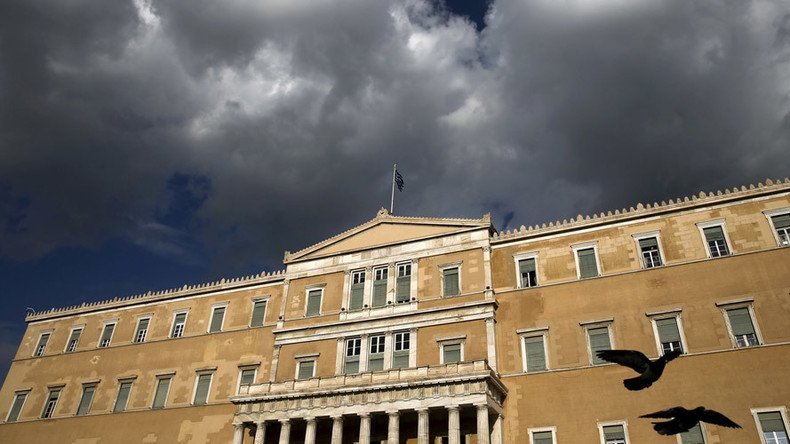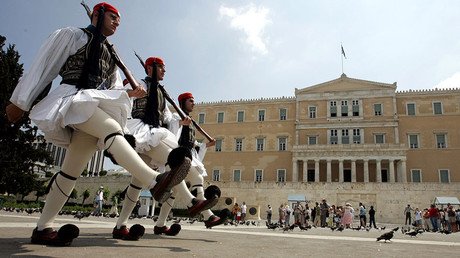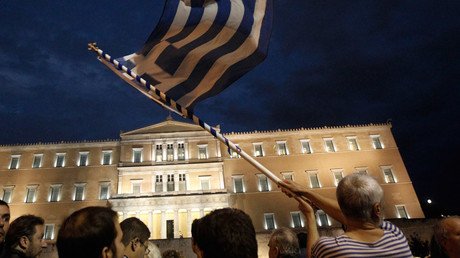EU rejects Greece's request for emergency summit

The President of European Council Donald Tusk has turned down Athens request for a special summit of eurozone leaders on Greece's third bailout, saying the finance ministers should make more progress before the leaders intervene.
“I am convinced that there is still work to be done by the ministers of finance who have to avoid a situation of renewed uncertainty for Greece,” Tusk said after a phone call on Wednesday with Greece’s Prime Minister Alexis Tsipras.
According to Tusk, eurozone finance officials need to resume talks and agree within days on the reforms needed in order to avoid renewed uncertainty over Greece’s ability to finance itself.
“We need a specific date for the new Eurogroup meeting in the not too distant future,” said Tusk, adding, “I’m talking not about weeks, but about days.”
Without a deal on new austerity measures, which would release a long-delayed rescue loan installment, Greece faces a default on €3.5 billion in debt payments that come due in July.
In the past weeks Athens and its international creditors have been struggling to decide on the reforms and cutbacks the country must agree to as part of its ongoing €86 billion bailout program.
#Germany FinMin Schäuble says 'Nein' to extraordinary #EU Summit as reportedly suggested by #Greece PM Tsipras.
— Yannis Koutsomitis (@YanniKouts) April 27, 2016
Last week’s special ministerial meeting has been called off by Eurogroup head Jeroen Dijsselbloem who said it was too early for any deals without talks on further debt measures. "Debt is a discussion we've not had before,” he said.
Prime Minister Alexis Tsipras insists the Greek economy is just one step away from recovery but needs debt relief, not further austerity.
However, creditors demand a Greek commitment to budget savings, centered on overhauling pensions and income tax, worth about €5.4 billion, or three percent of Greece’s GDP.
According to the agreement reached last summer, Greece had to achieve a primary budget surplus of 3.5 percent of gross domestic product (GDP) by 2018.
The European Commission insists on three percent of GDP while the International Monetary Fund is demanding 4.5 percent.
Athens blames the IMF for the delay in evaluating the bailout program as the fund has been constantly disputing the effectiveness of Prime Minister Tsipras’ proposals for additional budget savings and has a pessimistic view of the country's economy.














